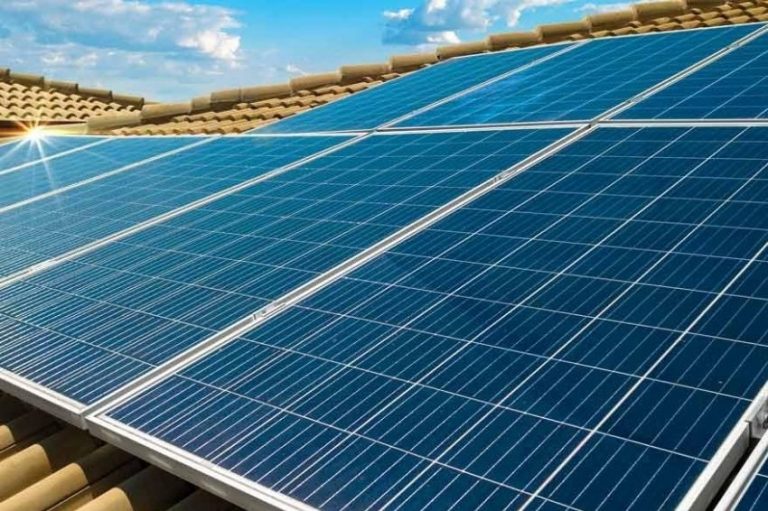The SEB (Brazilian Electric Sector) model was conceived in 1997, based on the institutional policy of the time, focusing on competition, encouraging the participation of private capital (free competition) and the presence of a regulatory State, with guiding principles being tariff reasonableness, universality and energy security.
That said, the aforementioned model had as its basic premise the guidance for long-, medium- and short-term sectoral planning functions and, as such, it was based on:
- a large “accounts meeting” between sector agents; as there was a large volume of debts between the various agents (especially distributors owing generators) and governments (the electricity sector was eminently state-owned, with few private and even re-nationalized companies);
- a sectoral deverticalization program – separation between generation, transmission and distribution;
- a privatization program – especially for distributors, with a strong incentive for free enterprise, with rewards for productivity and operational efficiency through mechanisms provided for in tariff reviews;
- laying the foundations for the creation of the MAE (Wholesale Energy Market) and a decontracting policy (25% of the distributors' market each year).
Currently, the model previously adopted has undergone profound transformations and is now experiencing a new phase, namely, the era of smart energy combined with the “3D” era in the energy sector: decentralization, decarbonization and digitalization of the electricity sector.
Due to this SEB restructuring, new energy generation models are emerging, including distributed generation, energy storage and a strong stimulus for energy efficiency.
However, there are still obstacles such as the high final cost of energy in Brazil, the various regulatory uncertainties and insecurities affecting the topic, as well as the weight of taxes and other regulatory charges, which make the country's electricity one of the most expensive in the world. world.
According to data from EPE (Energy Research Company) – a company linked to the MME (Ministry of Mines and Energy) – distributed micro and mini-generation reached 3 GW of installed power, with great emphasis on photovoltaic solar sources.
With the publication of REN 482 (Normative Resolution 482/2012) by ANEEL (National Electric Energy Agency) and its subsequent amendments (ANEEL Normative Resolutions 687/2015 and 786/2017), DG (distributed generation) of energy inaugurates this phase decentralized at SEB, in which Brazilian consumers are now able to generate their own electrical energy from renewable sources – solar, wind, hydraulic and qualified cogeneration – and even supply surplus energy to the distribution network in their locality, through the energy compensation system (Net Metering).
According to ANEEL, the incentives for distributed generation and self-production of energy are justified by the benefits that these models can provide to the electrical system, such as postponing investments in expansion of transmission and distribution systems, low environmental impact, reduction in loading of networks, minimization of electrical losses and diversification of the energy matrix.
In this context, reporting to the provisional draft text that will amend REN 482 – result of Public Hearing no. 001/2019 –, it is expected that ANEEL, through Public Consultation nº. 25/2020, which aims to obtain subsidies and additional information for the preparation of the final draft text, take advantage of the opportunity to put an end to existing regulatory instabilities and insecurities through the election of objective criteria, which, in fact, meet the sectoral purposes and needs.
It is well known that the competence conferred on ANEEL – to issue regulations relating to the electricity sector – must necessarily be based on policies and guidelines previously established by the Federal Government, which is justified given the need to maintain the objectives to be achieved by the regulations , thus avoiding disproportionate or unreasonable commands, which deviate from the purposes originally foreseen by the standard, as well as ensuring full access to electrical energy services.
This time, it is expected that the final draft of the text that will amend REN 482 will consist of enforceable legal commands, easy to understand and apply, providing a peaceful relationship between sectorial agents, which will be achieved through the publication of stable and regulatory provisions. that result in legal security for those involved, in order to avoid unfair and unequal treatment, which, in turn, triggers administrative and judicial appeals, consequently degrading the relationships that should, in fact, harmonize.















